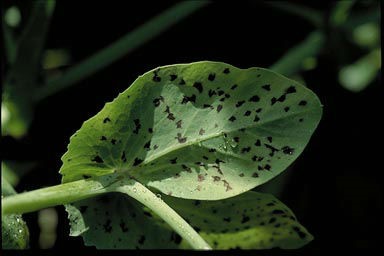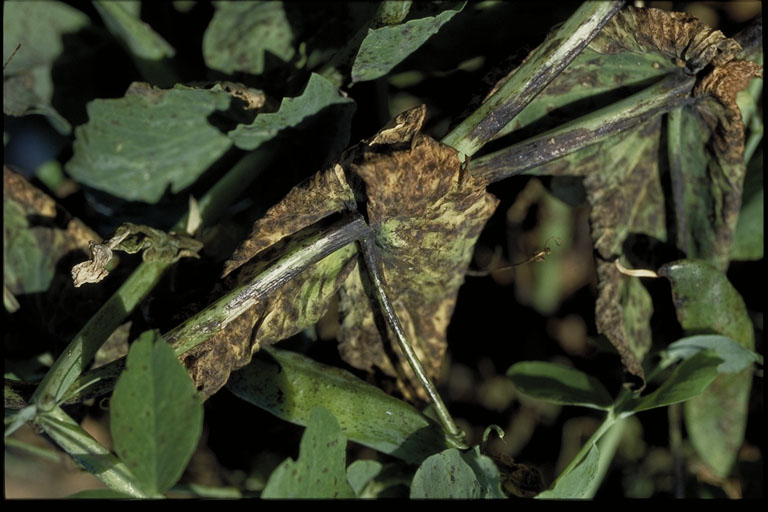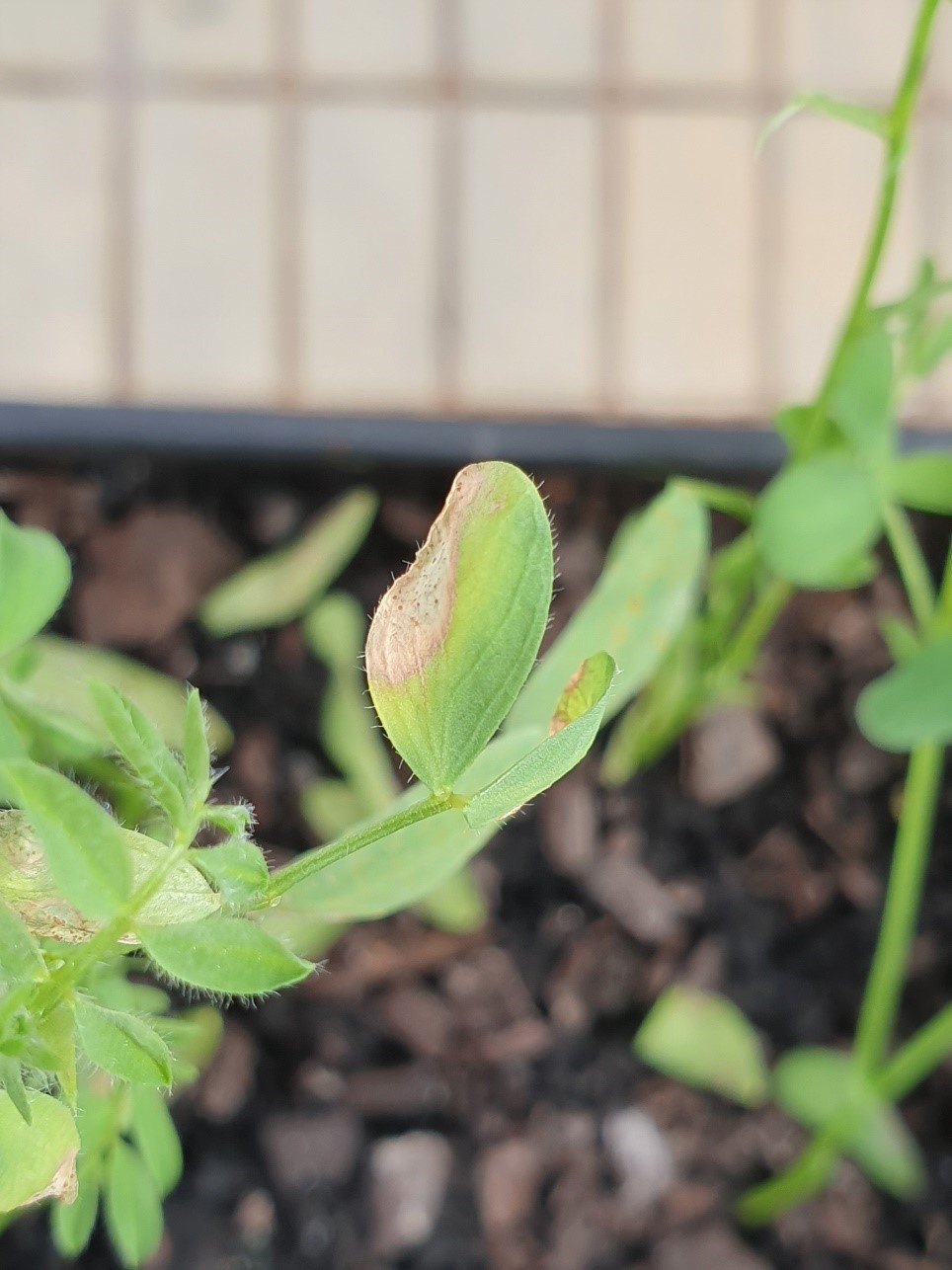Crop Watch May 2020

2020 Blackspot manager forecast
The Blackspot Manager early forecasts point to a high to medium risk of blackspot in seedling field pea crops sown early to mid-May across South Australia in 2020. All of Eyre Peninsula remains at high risk while other regions are starting to move to medium risk.
Actual disease severity will also depend on rainfall patterns during crop establishment since moisture is necessary for the spores to germinate and infect the plants.
Numerous rainfall events will increase disease severity, but if dry conditions persist and there are few rainfall events then very little disease will eventuate irrespective of spore numbers.


What you can do to reduce crop disease risk
A number of actions can reduce your crop disease risk, including:
- Aim to plant this year’s crop at least 500 m from field pea stubble, and if downwind from the stubble, where possible, increase this distance up to 1 km since the spores are windblown.
- Delay the sowing date by 2-3 weeks past opening rains in medium to high rainfall districts where this is unlikely to compromise yield. The spore numbers in the air will reduce over the 2-3 week window and reduce the blackspot risk. Note, delayed sowing is not an option in low rainfall short season districts as associated yield losses will be greater than losses caused by blackspot disease.
- Consider fungicide strategies as an option in crops that have a yield potential of at least 1.5 t/ha. P Pickel-T seed dressing will reduce infection on seedling crops, and foliar fungicide sprays will reduce the spread of the disease. Sprays can be applied between 4-8 nodes; apply at 4 nodes if disease is present but delay towards 8 nodes if disease is not evident. A second spray is at early flowering to reduce spread of the disease in spring. For maximum effect, spray ahead of a rain event, since spores are spread during rainfall. Post rain spraying is generally ineffective. A number of products are registered for blackspot of field peas. Note label restrictions for chlorothalonil with respect to grazing stock.
Ascochyta blight in PBA highland XT lentils
PBA Highland XT will require monitoring for signs of disease during the season as some recently collected isolates can infect at a low to moderate level.
Controlled environment testing using ascochyta blight (AB) isolates collected from commercial crops and field trials in 2018 and 2019 has shown the cultivar can be infected at low to moderate levels. This indicates that isolates that can overcome the resistance in PBA Highland XT are present in the pathogen population and may become selected for over time in farming systems where lentils are cropped intensively and under close rotation.
PBA Highland XT was released in October 2020 and is rated moderate resistant (MR) to both Pathotype 1 (Nipper-virulent) and Pathotype 2 (PBA Hurricane XT-virulent) strains of AB.
It is recommended that crops of PBA Highland XT are closely monitored during the season for any signs of disease. AB is driven by rainfall, and disease will spread and become more severe with each rain event. Growers should regularly inspect PBA Highland XT lentil crops to determine if AB infection is severe enough to directly affect yield. Note that AB disease will not spread during dry periods and fungicides can be held off while there is no rain. If disease is present and rainfall is imminent, a fungicide application may be required at podding to protect the developing grain.

Please send any samples of AB on lentils to Sara Blake for national monitoring.
Post to:
SARDI Locked Bag 100
Glen Osmond SA 5064
Or for prepaid envelope and collection kit, contact Sara Blake:
E: sara.blake@sa.gov.au
P: 08 8429 2248
Twitter: @Sara_N_Blake
SARDI is hosting root health workshops throughout August and September. Growers and advisors are invited to attend these SAGIT funded workshops to investigate the impacts of soil-borne root diseases on plant health.
Each workshop will:
- explore the main soil-borne root diseases in your region, providing an insight into symptoms and management
- include an interactive session where you get to identify root disease and score the root health of your own cereal and pulse crops
- review PREDICTA rNod, a new soil testing service to measure levels of rhizobia that nodulate pulses
- provide opportunity for discussions with SARDI pathologists.
Workshops will be held at:
- Turretfield 9 August
- Wirrulla 16 August
- Cleve 17 August
- Coonalpyn 30 August
- Kangaroo Island 6 September
Stay up to date with the latest disease-related issues and solutions for broadacre crops during the growing season.

